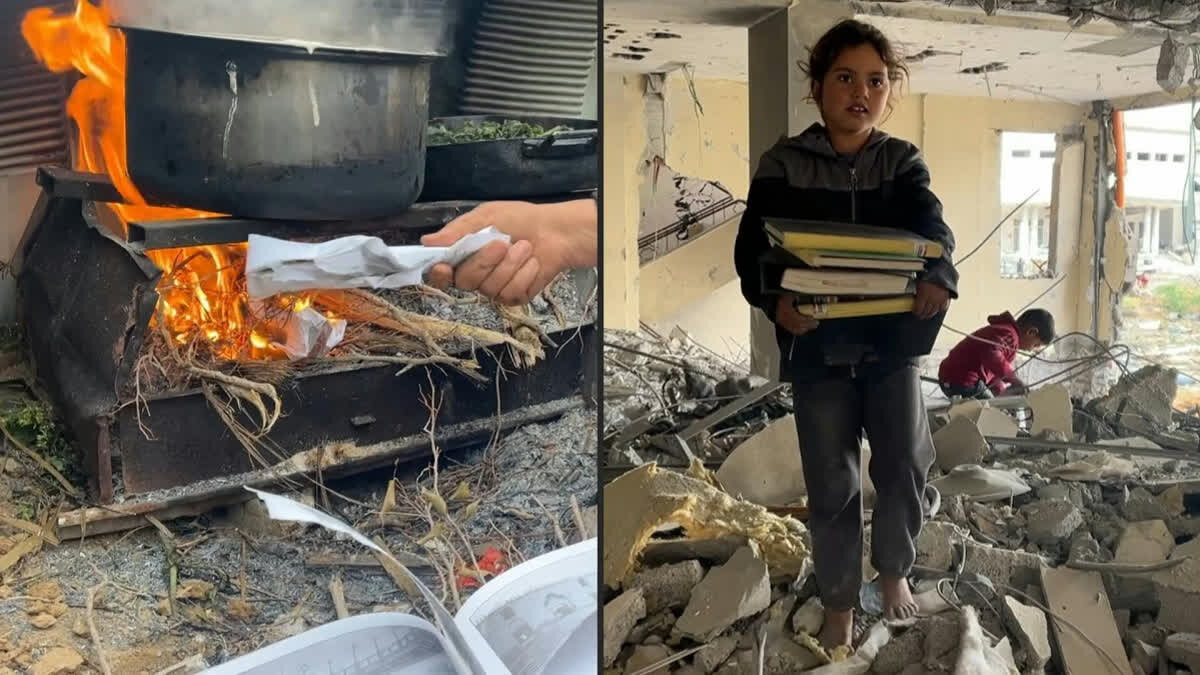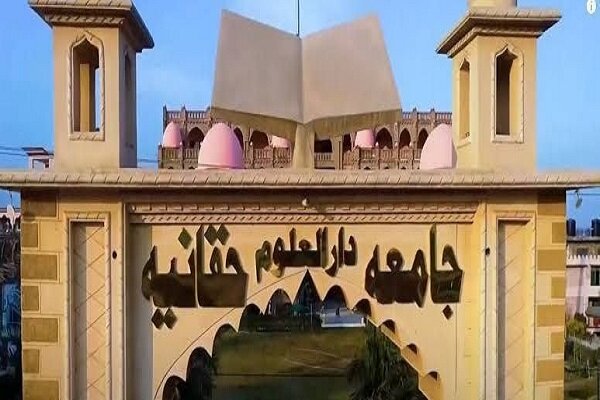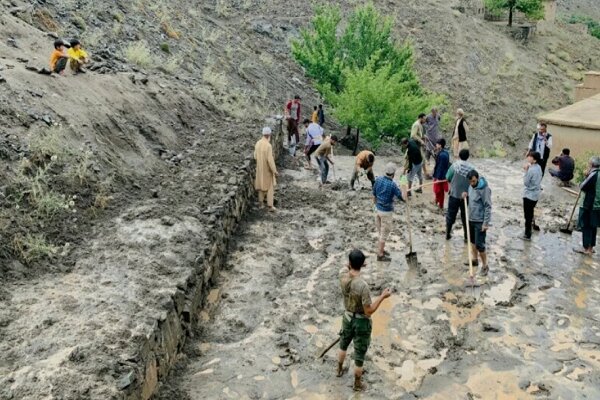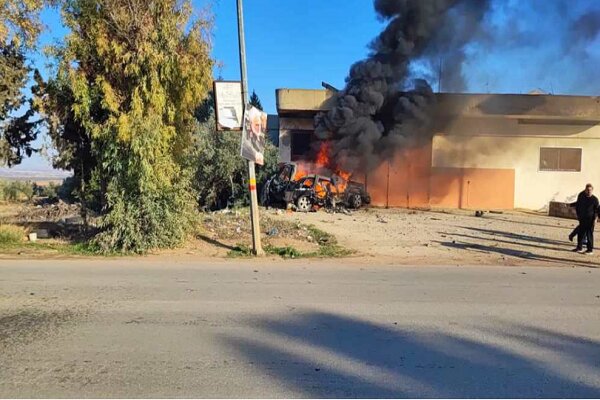Burning Books for Survival: Gazans Face Dire Choices in Crisis
As a severe humanitarian crisis unfolds in Gaza, the desperate measures taken by its residents highlight the dire situation faced by Palestinians following the collapse of a ceasefire between Israel and Hamas. With an ongoing Israeli blockade severely restricting essential supplies, many have turned to burning books for fuel.
The blockade has critically limited access to food, fuel, and humanitarian aid for Gaza’s two million residents, forcing families into dire straits. Without enough resources to cook or stay warm, residents are resorting to burning available materials, including books from libraries and schools. This tragic choice underscores the extreme conditions that people in Gaza are enduring.
Residents describe an unbearable situation where the instinct for survival outweighs the importance of cultural preservation. The humanitarian crisis has drawn condemnation from various human rights organizations, urging for immediate international intervention. This situation highlights the devastating human cost of the ongoing conflict and the urgent need for actions that can alleviate suffering and restore dignity among Gazans.
The smoke billowing from burning books now intertwines with the dust and the ever-present scent of explosives, creating a heavy atmosphere over Gaza. Hospitals are overwhelmed, struggling with dwindling medical supplies, and doctors report an increase in respiratory illnesses due to the toxic fumes generated from the burning materials. The United Nations has warned of an impending public health catastrophe, as water purification systems fail and sanitation collapses under the pressure of the blockade.
The act of burning books has become a painful symbol of desperation, resonating far beyond the borders of Gaza. Academics and cultural institutions across the globe have expressed outrage, describing this act as barbaric and forced upon a population deprived of basic necessities. They emphasize the long-term consequences of such cultural destruction, fearing the loss of Gaza’s intellectual heritage and the erosion of its identity.
While some nations are stepping up humanitarian aid, often stalled at border crossings, calls for an unconditional end to the blockade are met with resistance. The cycle of violence continues, perpetuating the suffering and driving Gazans further into despair.
Dr. Fayez Abu Shamaleh, a Palestinian professor and writer, shared his sorrow over resorting to burning a poetry collection to cook food. He expressed deep regret for sacrificing the works of renowned Arab poet Nazik Al-Malaika, viewing it as a painful compromise of culture, history, and humanity for mere survival. According to reports from ETV Bharat, the Islamic University in Gaza City, once a prestigious center of learning, has now transformed into a refuge for many. The books stored there are now being used to fuel fires for makeshift stoves, highlighting the extent of the crisis.
Children are seen rummaging through the rubble of the university building, searching for books to burn to help their parents prepare meals. This heartbreaking scene starkly illustrates the extent of the humanitarian crisis in Gaza, as reported by France 24. The Israeli government has cut off supplies of food, fuel, and humanitarian aid to Gaza’s population in an attempt to exert pressure on Hamas during the ceasefire negotiations.
The burning of books serves as a stark reminder of the human cost of inaction, a desperate plea for a return to humanity in a conflict that seems to have forgotten it. The situation in Gaza remains critical, with each day bringing new challenges and heartache as people struggle to survive against overwhelming odds.
- Humanitarian Crisis: Gaza faces a severe shortage of food and fuel due to the blockade.
- Desperate Measures: Residents are burning books to cook food and stay warm.
- Health Risks: Toxic fumes from burning materials are causing respiratory illnesses in hospitals.
- International Response: Human rights organizations are calling for urgent intervention and an end to the blockade.
- Cultural Impact: The destruction of books symbolizes a loss of identity and heritage for the people of Gaza.
The ongoing crisis in Gaza is a complex issue that requires urgent attention from the international community. As the situation worsens, the need for a resolution becomes increasingly critical to save lives and restore dignity to the people suffering in this embattled region.






